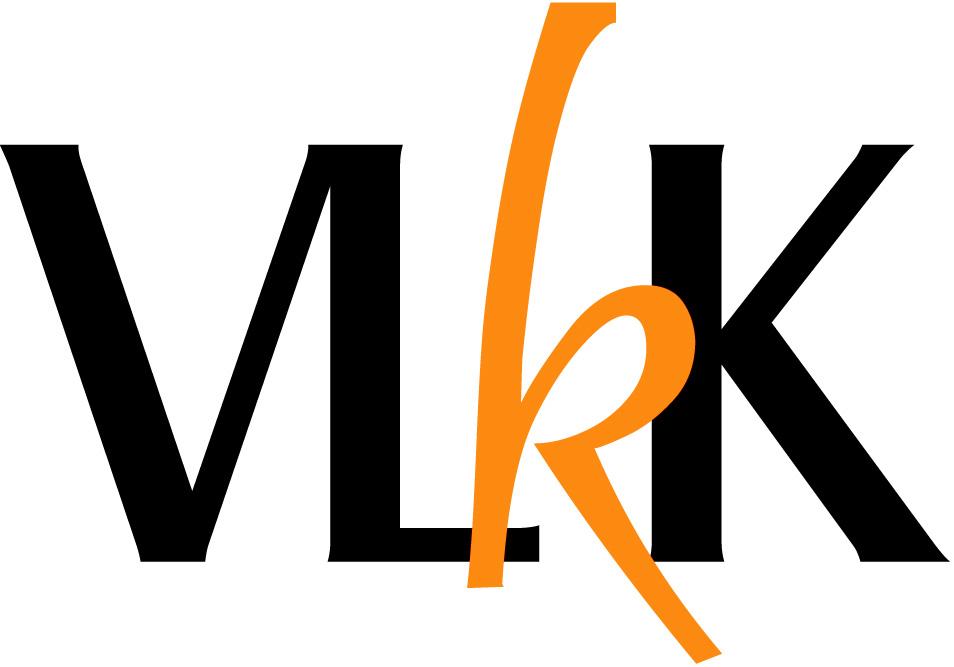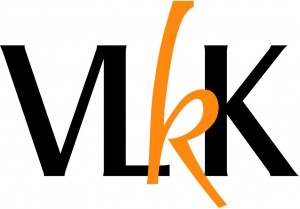- 2014/03/06
Regulation of spelling of names and surnames in the hands of Commission of the Lithuanian Language

 On 27th of February 2014, the Constitutional Court of the Republic of Lithuania recognized that the spelling of names and surnames in the passport of a Lithuanian citizen is a linguistic issue. The Commission of the Lithuanian Language (PKJL) has the core role in that matter and one of its basic functions is formulating guidelines for national language politics. What is more, the Commission’s opinion always has to be taken into consideration when the question of the spelling of names and surnames in a passport is considered.
On 27th of February 2014, the Constitutional Court of the Republic of Lithuania recognized that the spelling of names and surnames in the passport of a Lithuanian citizen is a linguistic issue. The Commission of the Lithuanian Language (PKJL) has the core role in that matter and one of its basic functions is formulating guidelines for national language politics. What is more, the Commission’s opinion always has to be taken into consideration when the question of the spelling of names and surnames in a passport is considered.
The most important explanatory aspect of the Constitutional Court is a statement that non-Lithuanian names and surnames can be written not only using Lithuanian letters, but other symbols from the Latin alphabet may be used as well, as long as they are consistent with the tradition of the Lithuanian language and do not encroach on the national language identity.
The European Foundation of Human Rights (EFHR) reminds all that until today the Commission had their own clear position on the matter of the original spelling of names and surnames. The Commission claimed that non-Lithuanian names and surnames do not belong to the Lithuanian language system and should not be Lithuanianized. As an example, the Commission provided an example of non-Lithuanian company names, trademarks, magazines, artistic band names etc. Moreover, in the opinion of PKJL publicized on 14 January 2008, the Commission claims that in every language there are facts of foreign languages used and there has never been a language system that has been destroyed because of it yet.
Taking into consideration the aforementioned opinion of the Commission, EFHR hopes that the Commission will still maintain their position about positive changes in the restrictions of language rights. The foundation emphasizes that the matter of the original spelling of names and surnames is becoming more and more important not only for the representatives of national minorities, but also for people who have married a foreigner.
More information on the spelling of names and surnames can be found on the EFHR website. EFHR offers free legal aid regarding the abovementioned matter.
EFHR
Translated by Kamil Żerek within the framework of a traineeship programme of the European Foundation of Human Rights, www.efhr.eu.



